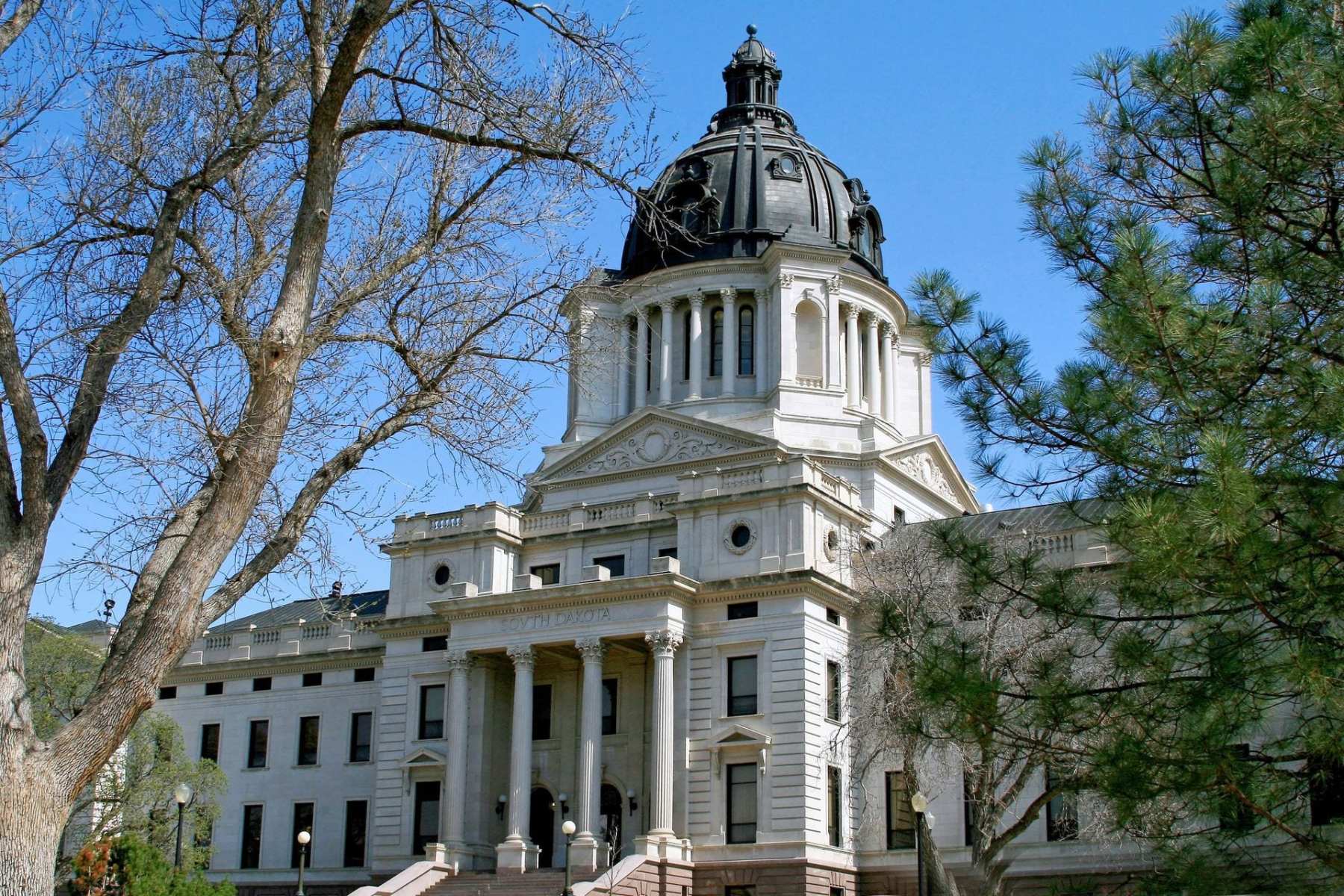The South Dakota legislature recently passed a bill that makes it easier to change last names on a marriage license, but consequently makes it more onerous to change a middle name to a maiden name than it had been.
House Bill 1067 — which passed with wide, bipartisan support — will allow couples to change their last names directly on their marriage license to either a spouse’s surname or a hyphenated name after providing an identification card. Before, newlyweds had to go to the Department of Motor Vehicles (DMV) and provide a copy of their birth certificate.
People who want to change their middle name to their maiden name after marriage, however, will have to pay a $70 fee, acquire a court date and put their request in the local paper for four weeks. This is the same process people go through for non-marriage-related changes.
Despite the law’s gender-neutral language, it will disproportionately affect women who want to take their husband’s name but keep their maiden name as their middle name, LGBTQ+ couples, and those who do not prescribe to historical traditions for surnames after marriage for personal or cultural reasons, experts say.
“It seems that the South Dakota legislature was intending to facilitate the process of changing one’s name and they probably had a vision of it being a woman,” said Amy Myers, a lecturer at the University of Michigan Law school who specializes in family law and gender. “But I think unfortunately the narrow way in which the bill is worded may limit the ability of people who want to do something other than just change their last name to their spouse’s, which is becoming less and less common these days.”
Because the bill does not give newlyweds the option to change their first or middle name, they have to go to court and no longer the DMV for the desired change, and pay additional expenses. A marriage license in South Dakota costs $10, while an official name change through court costs $70.
“The more resources you have available — whether it is experience with the court system, ability to hire a lawyer [or] just simply knowledge of how to navigate the system — the easier to go through the official process to change your middle name,” said Hannah Haksgaard, a lecturer of family law at the University of South Dakota who testified in the state’s Senate. “The less resources you have, the harder it is to navigate that.”
The law easily passed through the House, and when it got to the Senate, Haksgaard knew she needed to clarify the barriers that got looped into a bill she otherwise supported, she said. She suspected that many legislators did not consider the implications of needing to change a middle name when the bill was arriving on the floor, indicating that the legislature spent most of its time focused on other sets of bills.
State Rep. Rebecca Reimer introduced the bill as a way to standardize the name changing process after marriage, saying that “newly married couples repeatedly asked for their surname they wished to use to be added to the marriage certificate,” according to the Rapid City Journal. Legislators were worried that opening up a first and middle name change could be “misused,” with concerns of fraud, but Haksgaard said these concerns were not relevant when just discussing middle names.
“The bill could be changed to allow an applicant to modify a middle name if the applicant were moving their surname to their middle name,” Haksgaard said in her testimony provided to The 19th. “There is no real risk of increased fraud based on this change.”
The law did not get amended before passing to include middle name changes. It passed 32-2 in the Senate with opposition from two Democrats.
Prior to this law, newlyweds had to go to the DMV to request name changes, like anyone else. This law aims to simplify the process. While the name change process differs by the state, it usually entails filling out a petition, filing that form with the court clerk and paying the state’s fee. Some states, like South Dakota, require an additional step of posting a formal notice in the local paper.
Tradition has long formalized women in heterosexual relationships taking their husband’s name; it was historically in place for purposes of ownership. However, today, couples choose to change their names for a variety of reasons, with a deeper understanding of the nuances that fall out of these traditional ways, Myers said. In the most recent widely conducted survey, 20 percent of women decided to keep their surname, with 10 percent opting for a third option other than their spouse’s surname, according to The Upshot in 2015, although the results could be different today.
While many women still decide to change their last name, it can be equally meaningful for women to keep their maiden name in their full name as well.
This is in part because Americans are getting married at older ages now, Meyers said. The average age of marriage was between 29 and 31 in 2020, compared with roughly 27 in 2010 and 26 in 2000. Many women may want to keep their maiden name for professional reasons now more than before, Myers said. This new law may have some “unintended consequences,” she said.
“It is more complicated for, say, a 30-year-old woman who has had a professional career and has many personal reasons for wanting to maintain her birth name,” Myers said. “It’s really unfortunate that there are additional barriers [to that].”
Since the passage of the bill, Haksgaard spoke out against the middle name loophole, calling for an amendment change next year. No one has spoken out since the bill was passed in favor of the tedious process to change one’s middle name.
“Especially when a bill seems simple, or there’s a sense of urgency to get it past, there may not be opportunities for diverse perspectives to have input into the process,” Myers said.





